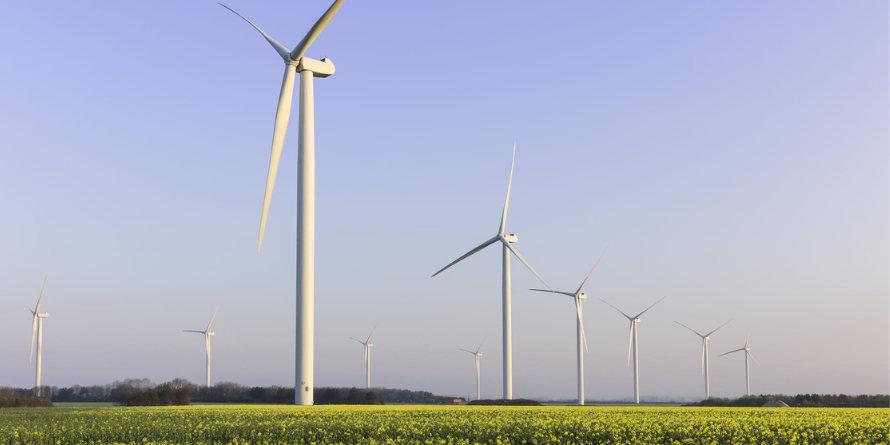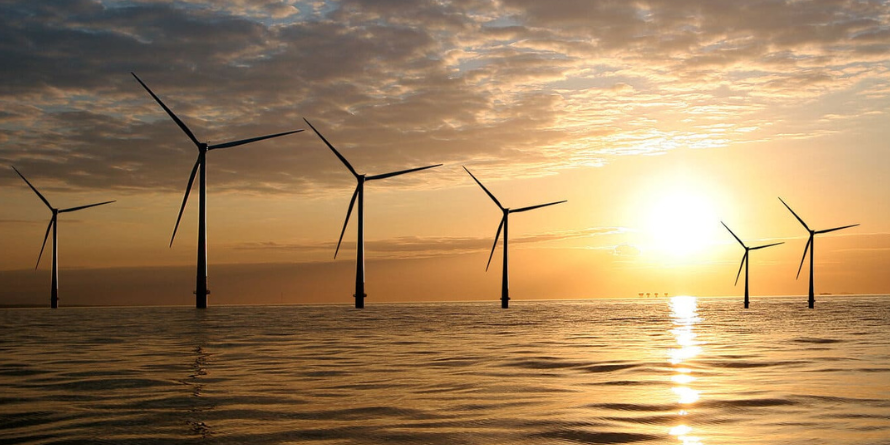Posted on: 29/10/2024
Following the recent launch of our Traceable Renewable Supply product, a proposal has been submitted to the UK Government regarding reforms to the Renewable Energy Guarantees of Origin (REGO) scheme.
As the Traceable Renewable Supply product was developed in direct response to a transforming REGO landscape, SmartestEnergy’s Head of Product Management, Deian Ashworth, is excited to share how the product aligns with these proposed reforms and supports a collective push towards a greener generation.
The proposed reforms
The reform proposal comes from the Climate Group, a global collective of governments and businesses committed to delivering net zero emissions by 2050. Featuring signatories from BT Group, British Land, Good Energy, Google, Pearson, Unilever, Vodafone UK, Virgin Media and O2, the proposal sends a clear message from large businesses that the UK’s existing REGO scheme requires urgent reform to meet upcoming industry standards.
The Climate Group’s latest proposal is supported by three clear recommendations for the UK’s REGO scheme. These reforms are supported by changing industry standards, as well as wider decarbonisation objectives:
- More accurate time-matching for REGOs: This reform aligns with the upcoming 2026 Greenhouse Gas (GHG) Protocol consultation, expected to introduce hourly matching for REGOs.
- Greater transparency in REGO pricing: This reform complements time-matching and allows businesses to track REGO pricing based on their half-hourly energy supply.
- A boost in renewable capacity under the scheme: Additional capacity offers greater incentivisation to adopt renewable technologies, helping the scheme drive further decarbonisation across the grid.
The Climate Group’s proposal can be further contextualised, given they are the parent company to the RE100, a global energy initiative with hundreds of large businesses committed to 100% renewable electricity. The RE100 Technical Criteria Guidelines already echo the Climate Group’s proposed reforms, so it’s clear the UK Government is being asked to get on board with the wider commercial world’s preparation for policy change.
Traceability at your fingertips
SmartestEnergy understands the importance of building greater transparency in renewable energy, whether it’s a business procuring compliant REGOs, understanding how much they spend on energy at a granular level, or assessing how much they can save on energy costs.
To futureproof the needs of our customers across a changing policy landscape, our Traceable Renewable Supply product enables large businesses to meet the Climate Group’s recommended reforms, the RE100 Technical Criteria and the expected changes to the GHG Protocol.
Supported by technology from Granular Energy, Traceable Renewable Supply is an innovative product which allows businesses to deliver unprecedented transparency through tracing time-based energy consumption at half-hourly granularity, securing traceable REGOs from named sources, and reporting their Carbon Free Energy (CFE) score.*
In compliance with RE100 Technical Guidelines, Traceable Renewable Supply also ensures the REGOs come from generators which are less than 15 years old. These features are available within an intuitive digital interface, with reports available on-demand.
We’ve already tested Traceable Renewable Supply during initial trials, delivering one of the UK’s largest-scale examples of half-hourly matching to-date.
Our customers trialling the new product included the University of Reading and JLL; they saw 162 GWh matched across FY23/24 and notably, one site increased its CFE score by 23% compared to an existing product.
Stay ahead of the curve
If you’re keen to stay ahead of the curve in a changing policy landscape, contact us today to find out how Traceable Renewable Supply can futureproof your REGO procurement and renewable energy reporting. Find out more here.
Want to dive deeper into the Climate Group's reform proposal? Check out their website here.
*A CFE score represents the percentage of an energy consumer’s demand that is matched with carbon-free generation at a half-hourly resolution.

 United States
United States Australia
Australia






